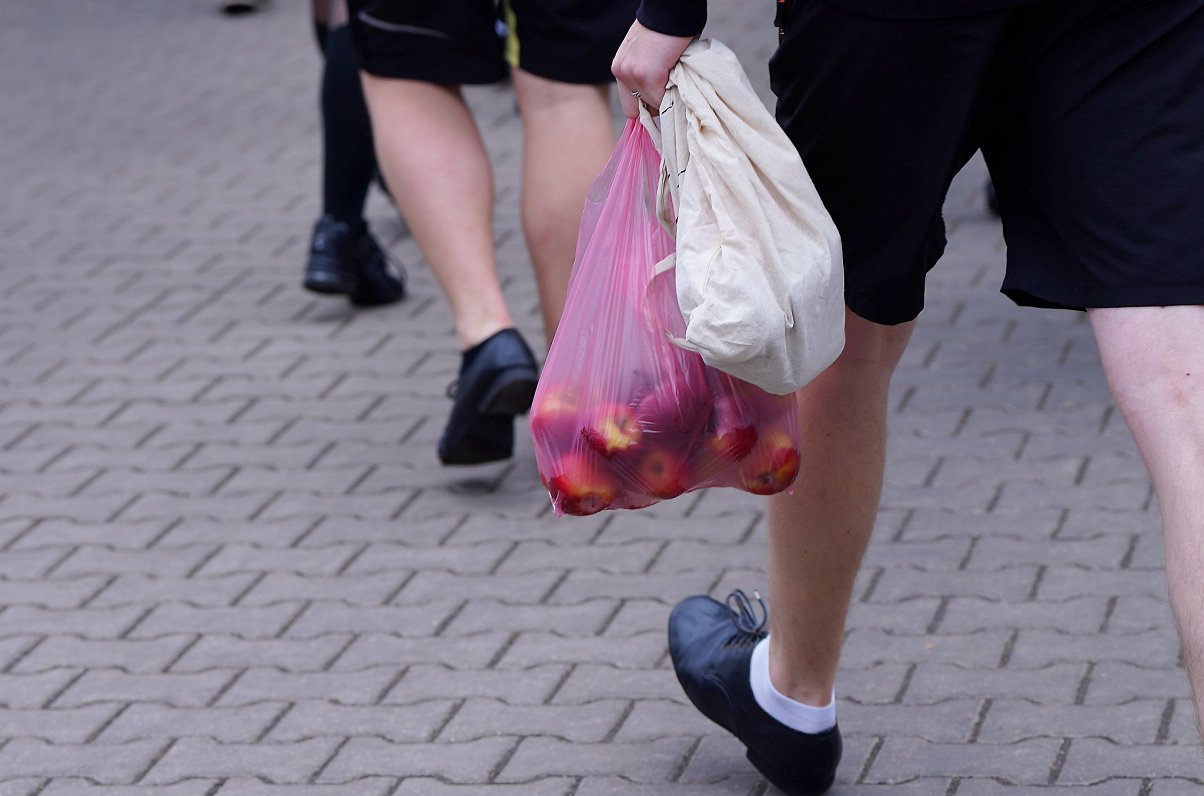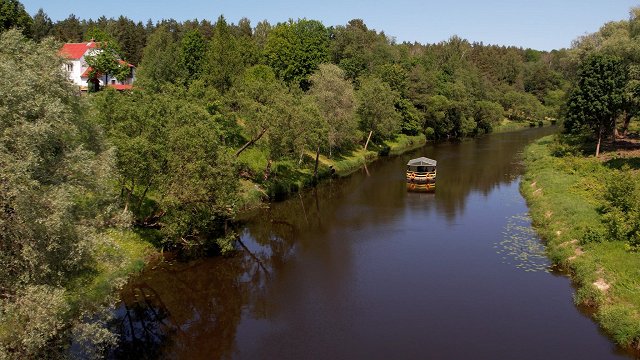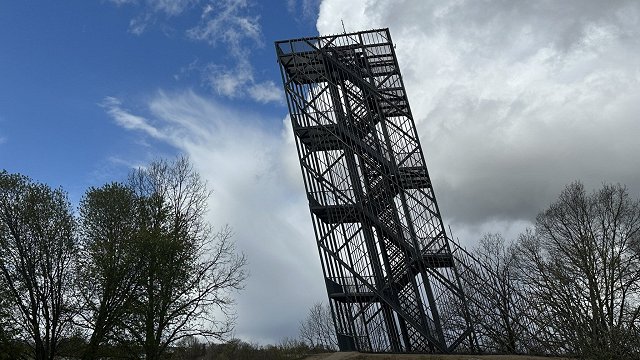Drinking water filling sites, bicycle and scooter facilities, dishes made out of recyclable material, and a vegetarian menu – these are some of the solutions for a more environmentally friendly Song and Dance Festival.
“We can compare both with 2018 and 2013. Public awareness of, maybe not sustainable, but responsible action against the resources that we use has grown very, very much. Actually, very good habits have developed,” said Inga Vasiļjeva, head of communications for Song and Dance Festival.
More favorable public transport tickets have also been introduced, and lighting has been replaced in Mežaparks.
As for the amount of waste, organizers said it was less than it was in previous festivals.
Liene Rumpane, head of CleanR's municipal waste management department, said about the situation in the Daugava stadium area: “There are no special brigades or vehicles serving only Song Festival. Yes, there is more garbage at this point than normal, but I would say we manage very well. For example, today morning, a full 18 large containers were exported."
On the other hand, the Eco Baltia vide waste manager, which collects waste from several locations – the Congress Hall, the Olympic Center, Arena Riga and Mežaparks – predicts that waste volumes will be similar to 40 tonnes at the previous festival. A total of about 700 containers are set up.
"Unfortunately, the quality of sorting could be better. Often the participants in the event do not fully understand what biological waste is, plates and forks are being tossed in biological waste," said Andris Ziemelis, director of Eco Baltia vide.
The World Fund for Nature has also been involved in organizing greener festivals. Its director, Jānis Rozītis, calls this time a kind of a dress rehearsal: “There will be a variety of packaging issues, as well as more stringent waste sorting issues. If we are talking about voluntary solutions right now, it will be a mandatory requirement after 5, 10 or even 15 years."
According to Rozītis, the organization of environmentally friendly events is not simply a matter of rules and must also be understood by the public.
In the meantime, the municipality of Rīga plans to prepare guidelines for the organization of climate and environmentally friendly events, which will have to be followed by the local government itself and non-governmental organizations in the future.



























